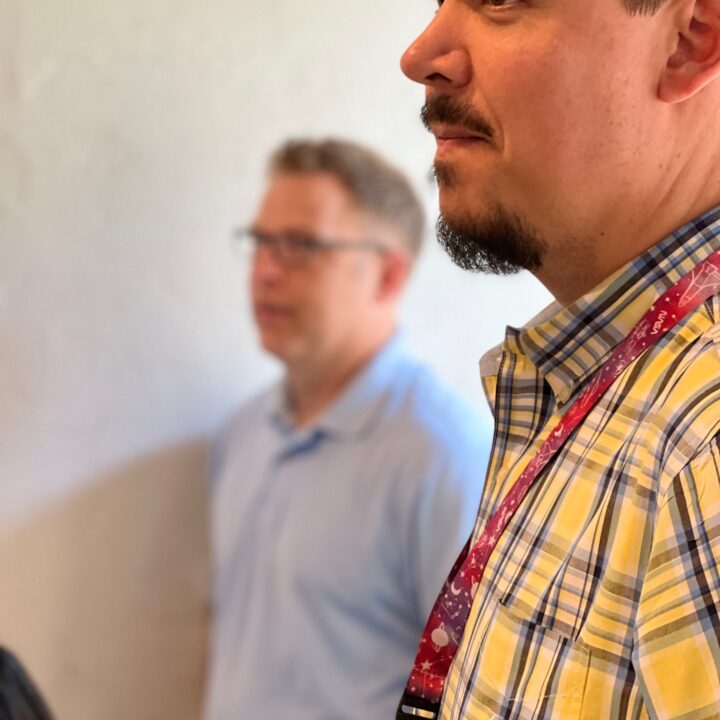Data Sharing Can Be Risky – We Understand.
If you’re reading this, it’s likely your organization works to provide community members with vital services (or you work closely with those that do). To provide those services, you’re also likely collecting personal information about the clients you support. We know you have a desire and a responsibility to protect their information by handling it with care. Organizations like yours that are interested in participating in community data sharing projects may have reservations about sharing data (and for good reason). There are political, legal, and ethical considerations that make it essential to implement a secure data sharing strategy. Sharing with the wrong groups or allowing those data to become compromised is not an acceptable outcome.
It’s wise to be discerning when it comes to selecting a data sharing approach. After all, you’re putting your clients’ data in someone else’s hands. But technology exists that can enable data sharing partnerships that balance the need for privacy, security, and actionable insights.
There Are Ways to Share Data Securely.
Traditional data sharing scenarios often require data contributors to aggregate data in a centralized manner, where reports can be generated from one central location. Because of heightened security risks associated with this method, we prefer a federated architecture, where data contributors maintain control of their data and only share necessary information upon request to address a specific scenario. There are other approaches, including hybrids of the different methods as well, but that’s for another blog post.
Creating data sharing agreements that specify the terms and intent for sharing data will also provide an opportunity to ensure that the necessary legal obligations are met. When there is clarity and agreement about the approach, generating data sharing momentum becomes a whole lot easier.
What About Those Risks?
Risk will always be present when it comes to data collection, even if that data never leaves your organization. Instead of trying to eliminate risk, we recommend mitigating risk by combining technology, process, and tools to develop a trust-based culture guided by shared priorities.
- Ensure that governance is established and clear
- Adopt the use of a framework like the Five Safes to ensure adherence to best practices in data protection
- Pick trusted and reputable technology partners that use privacy-preserving software
- Use a layered security approach that meets security best practices throughout the collection, transport, storage, and analysis processes
Focusing on culture will foster an environment that enables your group to work together towards a solution quickly if concerns arise.
How Will This Help My Community?
When data is combined and examined on a broader scale, the findings can support initiatives that benefit the entire community. Insights can drive intra-organizational process improvement by measuring baseline impact and the impact of operational changes.
Collaboration can offer access to information and variables that show how well a client responds to your interventions. It can mean finding underserved populations or identifying unmet needs. It also allows you to demonstrate outcomes to key stakeholders such as grantors or board members who can advocate for more resources that can have a community-wide impact.
We’ve witnessed firsthand how our clients can transform their services by working with other providers and building coordinated care networks. For example, one community has evaluated how legal aid support services are impacting the experience of evictions. An outcome of their analysis was to implement a rapid alert system that helps them intervene quickly when a client is facing eviction. You can hear about another example of coordinated care efforts positively impacting families in episode one of our podcast, Asemio Decoded.
Don’t Do It Alone.
The specifics behind data sharing and technology can get pretty complex, but that’s why partners like us exist. We’re here to support you in assessing, selecting, and implementing technology for responsible data sharing.
A truly well-matched technology partner will also provide support beyond the technology. Working with a partner who can guide how to approach governance, navigate legal agreements, and offer processes for creating an effective, collaborative environment will go a long way toward establishing strong, successful, and safer data sharing initiatives. If you’d like to learn more about how we approach this work, we invite you to download our case study, Unlocking Insights: How Tulsa Built Momentum with Easier, Faster, Safer Data Sharing, here.







